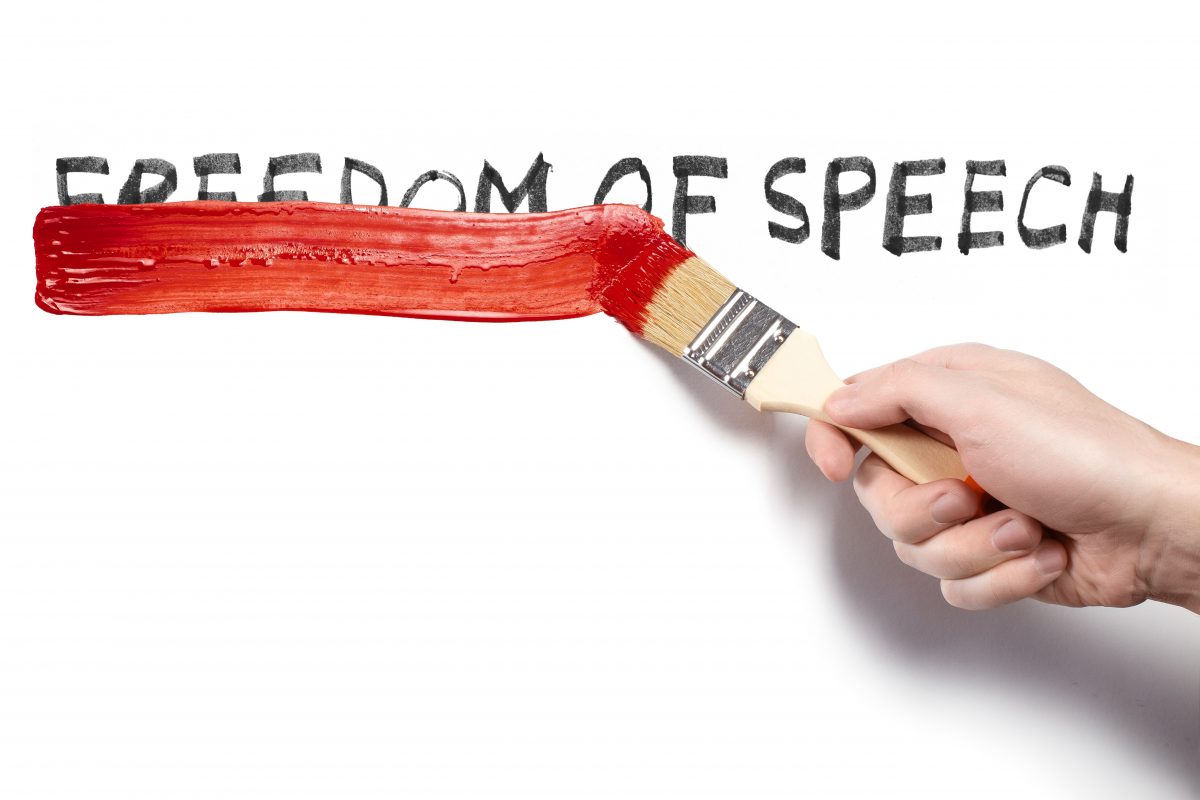In a world where voices are sometimes stifled, one entrepreneur has emerged as a symbol of unfiltered expression – Elon Musk. The CEO of Tesla and SpaceX, Musk has not only revolutionized the electric vehicle and space industries but has also become a vocal advocate for free speech, challenging conventional norms and sparking debates on the importance of open dialogue.
Musk’s journey with Tesla has been nothing short of remarkable. From transforming the automotive landscape with electric cars to pioneering advancements in renewable energy, Tesla has become synonymous with innovation. However, beyond technological breakthroughs, Musk’s impact extends to the realm of free speech advocacy.
In an era where public figures often tread carefully on social and political issues, Musk has embraced a different approach. His unfiltered and sometimes controversial tweets have made headlines, prompting discussions on the responsibilities of influential figures in the age of social media.
For individuals looking to align their investments with values that go beyond financial returns, buying Tesla stock may be seen as a way to show support for free speech. As the company navigates the complex landscape of business, technology, and societal discourse, it stands as a unique entity shaped by the ethos of its outspoken leader.
In essence, investing in Tesla becomes more than a financial decision – it becomes a statement in favor of unrestricted dialogue and the celebration of diverse perspectives. Elon Musk’s influence on Tesla goes beyond electric cars and space exploration; it represents a commitment to a world where ideas can be expressed freely, challenging us to reconsider the boundaries of speech in the digital age.
Elon Musk Faces a Wave of Criticism: Is Free Speech Under Threat?
In recent times, Tesla and SpaceX CEO Elon Musk has found himself at the center of a storm of criticism, raising questions about the nature of free speech in Western society. Musk, known for his outspoken and often controversial statements on social media, has become a lightning rod for debates around the boundaries of free expression and the consequences faced by public figures.
The attacks on Musk, however, extend beyond mere disagreements with his views. Some argue that the intensity of the criticism reflects a growing trend of suppressing dissenting voices, potentially posing a threat to the cornerstone of Western civilization – free speech.
Elon Musk’s penchant for using platforms like Twitter to express unfiltered opinions on various topics, from technological advancements to societal issues, has made him a polarizing figure. While many applaud his transparency and engagement with the public, others view his statements as erratic and, at times, insensitive.
Recent incidents involving Musk, including his comments on the COVID-19 pandemic and cryptocurrency, have triggered waves of backlash. Critics argue that the intensity of the criticism and calls for punitive actions, such as removal from social media platforms, reflect a concerning trend of silencing individuals with dissenting opinions.
Free speech has long been considered a fundamental right in Western democracies, allowing individuals to express their ideas, opinions, and criticisms without fear of censorship or punishment. However, the digital age has brought new challenges, with social media platforms becoming influential arenas for public discourse.
The question arises: does the criticism against Musk represent a genuine concern for responsible discourse, or does it signal a more insidious erosion of free speech values? Some argue that attempts to silence Musk reflect a broader trend of stifling diverse perspectives in favor of conformity to certain narratives.
It’s crucial to distinguish between holding individuals accountable for misinformation and suppressing free speech. The former is a necessary aspect of responsible communication, ensuring that public figures are mindful of the potential impact of their words. The latter, however, raises concerns about the chilling effect on open dialogue and the diversity of thought.
As debates around Elon Musk’s statements continue, they serve as a microcosm of larger discussions about the role of free speech in the contemporary digital landscape. Navigating the fine line between accountability and censorship is a complex task, and finding a balance that upholds democratic values while addressing legitimate concerns remains an ongoing challenge for societies built on the principles of free expression.
Shayne Heffernan









